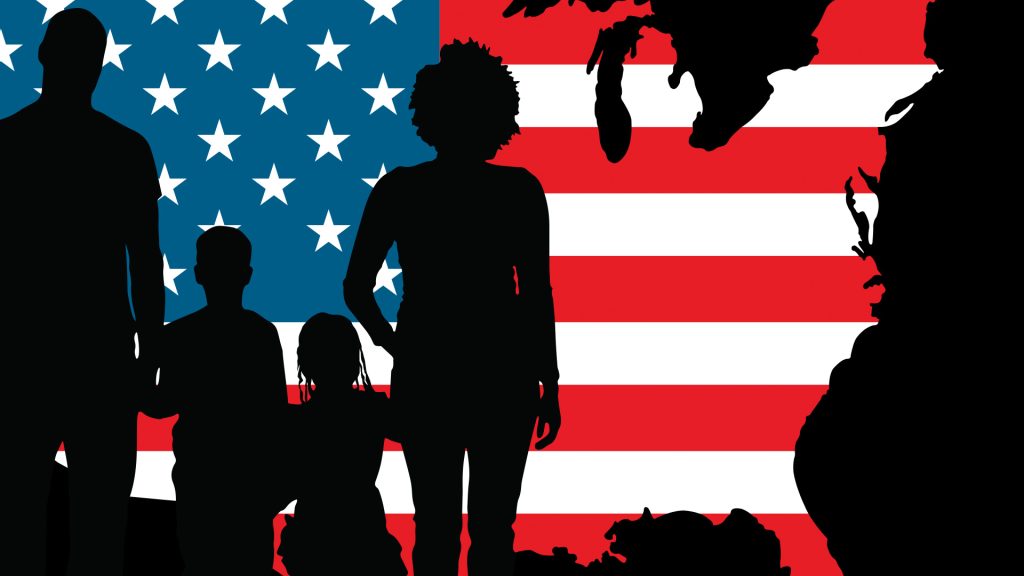(ThySistas.com) Could Crystal Sheree Hamilton have known her high school sweetheart, Ronald Hamilton, would be her demise? Would it matter if she did?
On a recent stroll through my neighborhood in Northern Virginia, 18 miles from where Crystal Hamilton was killed, these and other questions recycled endlessly in my sometimes anxious mind. I couldn’t help but wonder what Crystal might have been doing if she were alive. In the same way one watches a thriller and hopes the protagonist escapes a deadly pursuer, I kept wondering if today could have been the day Crystal escaped her abusive partner. Maybe she was trying to leave on the day she was killed.
As an outside observer, it’s impossible to know the answers to these questions, but they stem from an attempt to make sense of a tragedy that is utterly incomprehensible. Hamilton was supposed to spend the evening of Saturday, February 28 with friends. Instead, she was fatally wounded by her husband, an active duty Army staff sergeant.
Aside from the particulars about her murder, there are several aspects of this case that are striking. First, while we know her in death, many of us do not know Crystal in life. Who was she? What were her passions and dreams for the future? I’ve repeatedly scanned the news waiting for an in-depth story to illuminate Crystal’s story. Aside from a couple of articles on InsideNova.com, I haven’t seen it. I’m struck by the limited media coverage of the 29-year-old daughter, mother, wife, and care provider to wounded warriors. As of this writing, many of the headlines – with the exception of Jamilah Lemieux’s thoughtful analysis on Ebony.com — connected to Crystal’s murder have focused on Prince William County Police Officer Ashley Guindon who was fatally killed as she and other responding officers, Jesse Hempen and David McKeown, arrived on scene to aid Crystal. These officers were ambushed, and it’s appropriate to highlight their sacrifice. It’s equally important to remember Crystal.
Next, Crystal is linked in spirit and story to hundreds of thousands of other victims and survivors of domestic and intimate partner violence (DV/IPV). American women comprise 85 percent of the estimated 1.3 million domestic or intimate partner violence cases each year. Crystal’s death highlights the unique challenges facing victims of DV/IPV, especially African American women. In a world where racism pervades nearly every aspect of our lives, Black women are particularly vulnerable. Black women are almost three times as likely to experience death as a result of DV/IPV than White women. While Black women make up just 8 percent of the population, 22 percent of homicides that result from DV/IPV happen to Black Women. As such, domestic and intimate partner violence is one of the leading causes of death for Black women ages 15 to 35. Yet our stories do not always receive the attention they deserve. This is particularly disturbing given, “most homicides against Black women are not committed by strangers, but by males known to the victims,” according to the Violence Policy Center.
This data alone won’t necessary keep domestic violence sufferers safe. It does, however, place into context the vulnerability of Black women who are in controlling and abusive relationships.
Next, even as this case places murder — the ultimate consequence of domestic and intimate partner violence at the forefront — there are a host of other types of abuse including stalking, and verbal, emotional, financial and sexual abuse that warrant attention. As a society, we may be conditioned to see abuse as physical in nature, but one can be terribly abused with or without physical violence. Every news story about domestic violence should include the variegated forms of abuse.
Finally, as we remember Crystal, we should never forget the women (and men) who stand in the shadows as victims of domestic and intimate partner violence. For anyone who has been a victim of DV/IPV, or for those who love individuals battered by significant others, the fear of death is always within reach. Even as we know Crystal Hamilton’s name, who are the others?
To support Crystal’s family during their time of bereavement, consider making a donation.
Jennifer R. Farmer is managing director for communications for the racial justice organization Advancement Project.
Need help? In the U.S., call 1-800-799-SAFE (7233) for the National Domestic Violence Hotline.
Written by Jennifer Farmer
Official website; http://www.twitter.com/Farmer8J










Leave a Reply